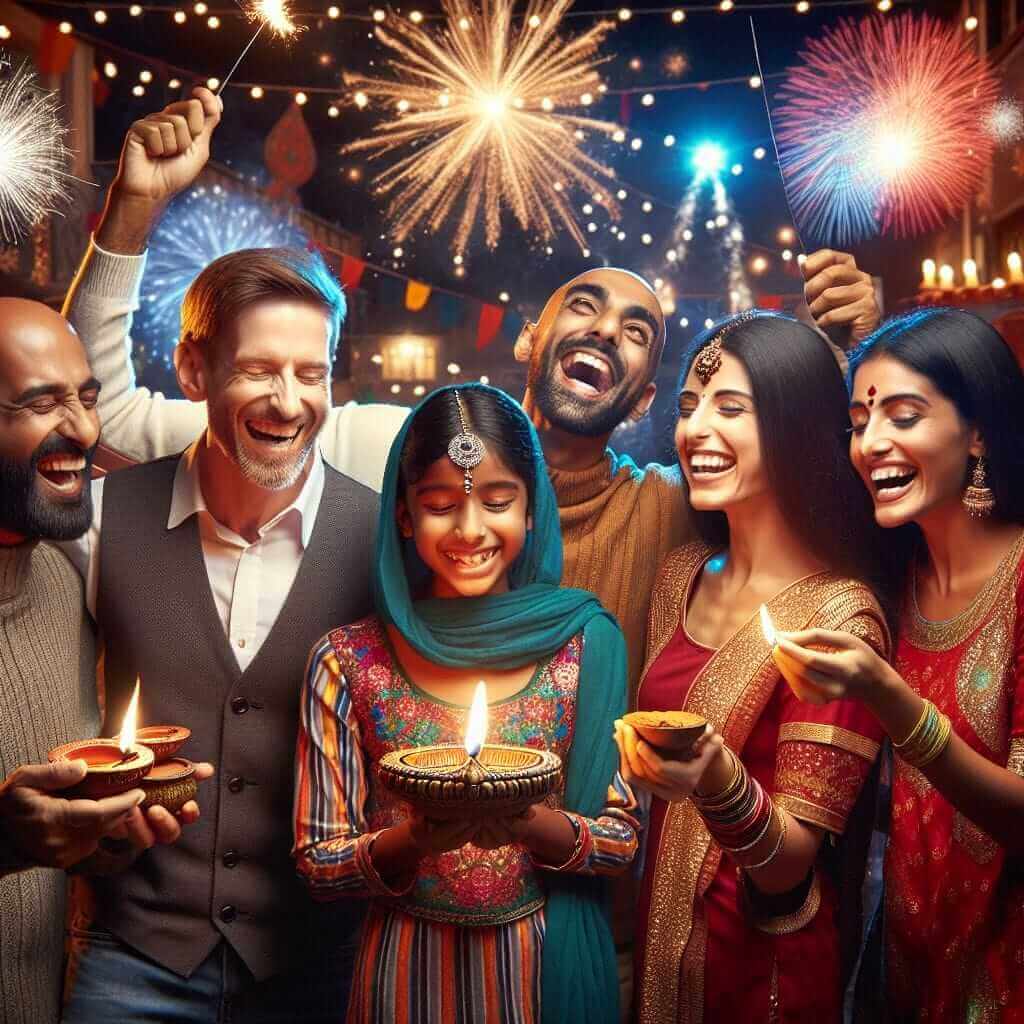The IELTS Speaking test assesses your ability to communicate effectively in English. The examiner evaluates four key aspects: Fluency and Coherence, Lexical Resource, Grammatical Range and Accuracy, and Pronunciation. Questions about cultural experiences, such as “Describe a recent cultural experience,” are common and allow you to display a range of vocabulary, showcase your ability to describe events and provide personal opinions.
Part 1: Introduction and Interview
In Part 1, you will be asked general questions about yourself and everyday topics. Here are some examples of commonly asked questions and a suggested response:
Common Part 1 Questions:
- Can you tell me about a cultural event you have recently attended?
Sample Answer:
“Recently, I attended a traditional Vietnamese festival called Tet, which is the Vietnamese New Year. It was a vibrant celebration full of intricate customs and lively ceremonies. The highlight was the Lion Dance, performed by skilled artists to ward off evil spirits and bring good luck. Additionally, families gathered to prepare special dishes, including Banh Chung, a traditional sticky rice cake wrapped in banana leaves.”
Part 2: Long Turn
In this part, you will be given a cue card with a topic and points to cover in your response. You will have one minute to prepare and up to two minutes to speak.
Cue Card:
Describe a recent cultural experience you had. You should say:
- What the experience was
- Where and when it happened
- How you felt about it
- And why it was significant to you
Sample Answer:
“A recent cultural experience that stands out to me was attending the Diwali festival in India. This happened last November when I was on a trip to Mumbai. Diwali, known as the Festival of Lights, is celebrated with grandeur and enthusiasm. The streets were adorned with vibrant decorations, and the night sky was lit up with spectacular fireworks. I participated in a traditional Lakshmi Puja ceremony which was an enlightening experience. The local families welcomed me to join their celebration, offering me delicious sweets like ladoos and jalebi.
I felt a profound sense of joy and cultural immersion. This experience was significant to me because it allowed me to connect with the local traditions and understand the rich cultural heritage of India. Moreover, it fostered a sense of unity and shared celebration among diverse groups of people.”
Follow-up Questions:
-
What did you learn from this cultural experience?
- I learned about the importance of light and its symbolism in dispelling darkness and evil. It also highlighted the value of community and togetherness.
-
Would you like to attend a similar event in the future? Why or why not?
- Absolutely, I would love to. Experiencing such vibrant and rich cultural traditions is both enlightening and enjoyable. It broadens my understanding and appreciation of different cultures.
Part 3: Two-way Discussion
In this section, you will engage in a deeper discussion related to the topic in Part 2. The questions become more abstract and analytical.
Examiner’s Questions:
-
Do you think experiencing different cultures can improve mutual understanding between people?
- Yes, experiencing different cultures significantly enhances mutual understanding. Cultural exchanges foster empathy and broaden perspectives, allowing people to appreciate diversity and common humanity.
-
In what ways can cultural experiences influence one’s personal growth?
- Cultural experiences can profoundly influence personal growth by challenging preconceived notions and encouraging open-mindedness. They can enhance one’s adaptability and interpersonal skills, promoting a more well-rounded character.
Important Vocabulary and Structures
Key Vocabulary:
- Festival of Lights: /ˈfɛstəvəl əv laɪts/ – Another term for Diwali, celebrated in India.
- Intricate: /ˈɪntrɪkət/ – Very detailed and complicated.
- Lively ceremonies: Energetic and animated rituals.
- Ward off: To keep away or prevent.
- Profound sense: /prəˈfaʊnd sɛns/ – Deep or intense feeling.
Example Sentences:
- “The festival was truly an unforgettable experience, marked by lively ceremonies and intricate customs that were both fascinating and enlightening.”
- “Participating in the Lakshmi Puja gave me a profound sense of spiritual connection and cultural immersion.”

Tips for Scoring High in the Speaking Test
- Practice Regularly: Make use of various cue cards and practice speaking on a wide range of topics.
- Expand Your Vocabulary: Learn new words and phrases related to common IELTS topics.
- Stay Calm and Confident: Confidence in delivery can positively influence your performance.
- Use Complex Sentences: Incorporate a mix of simple and complex sentence structures to showcase grammatical range.
- Natural Fluency: Aim for a natural flow in your speech to demonstrate fluency and coherence.
Remember, the key to excelling in the IELTS Speaking test is to combine thorough preparation with the ability to articulate your thoughts clearly and naturally. Good luck!